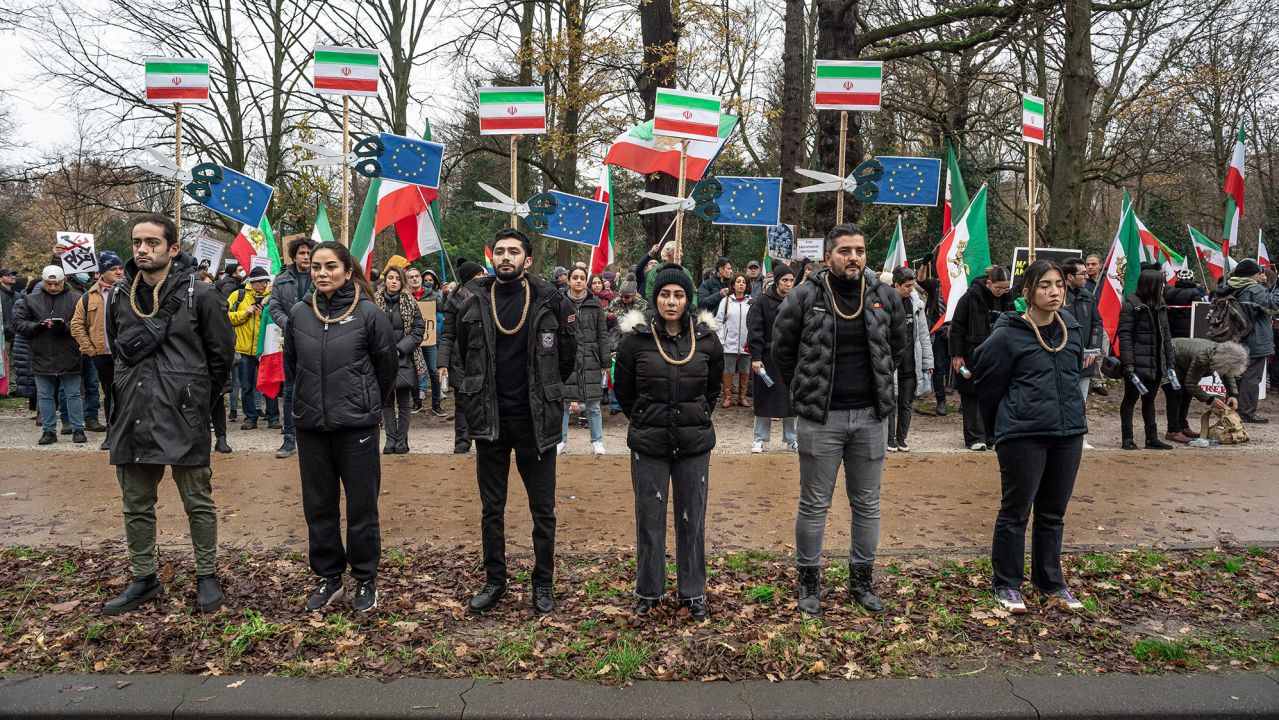The narrative of the Bahá’í faith, steeped in principles of justice, equality, and unity, is punctuated by both triumphs and tragedies that reflect the ongoing struggles of its adherents. Among the most sobering chapters in this saga is the execution of ten Bahá’í women in Iran, a poignant episode that compels a contemplative inquiry into the implications of these acts for gender equality and human rights within the framework of Bahá’í teachings. The unfolding of this narrative illuminates the tenets of the faith while exposing the enduring shadows of prejudice and oppression.
To comprehend the significance of these executions, we must first delve into the ethos of the Bahá’í teachings regarding equality. Central to Bahá’í belief is the conviction that all humanity is created equal, irrespective of gender, race, or creed. This principle is enshrined in the writings of Bahá’u’lláh, the founder of the Bahá’í faith, who posited that gender equality is a cardinal feature of a just society. The unfortunate fate of these Bahá’í women stands as a stark contrast to this teaching, revealing the dissonance between ideals and reality.
Irrespective of the historical and socio-political contexts that shape societies, the execution of individuals—particularly women—highlights an egregious affront to the principles of justice and equality that Bahá’ís hold dear. Each of these women, in their own right, symbolized the hopes and aspirations of countless others who seek recognition and validation in a world often steeped in inequity. Their lives, marked by a dedication to service and community upliftment, illuminate the broader implications of gender-based violence and systemic oppression.
The execution of these Bahá’í women serves as a somber reminder of the latent patriarchal structures that persist across various cultures and religions. Within the Bahá’í teachings, the elevation of women is viewed as paramount; the faith asserts that the advancement of society hinges upon the empowerment of women. This tragic episode resonates as a powerful call to action, urging Bahá’ís and allies alike to renew their commitment to advocating for female rights and equality worldwide.
Metaphorically speaking, the executions represent a grievous stain on the fabric of humanity, a poignant failure to honor the ethical fibers that bind us all. Yet, in the discordant notes of this tragedy lies a call for harmonious action—a need to amplify the voices of those silenced, to stitch together a narrative of resilience and advocacy. The Bahá’í community, tasked with being a beacon of unity and peace, must endeavor to embody the very teachings that advocate for the dignity of every individual.
Furthermore, examining the broader implications of these executions transcends the confines of the Bahá’í community; it serves as a clarion call to the international community. The plight of Bahá’í women in Iran exemplifies the urgent need for collective vigilance against human rights violations. It begs the question: how can we stand idly by when such atrocities unfold? The Bahá’í teachings implore individuals to address injustices not solely in their immediate milieu but across the globe. Consequently, the resilience demonstrated by the Bahá’í women becomes symbolic of a larger movement toward gender equality and social justice.
Additionally, this tragic episode compels a re-examination of societal attitudes toward women, particularly in contexts where patriarchal norms are deeply entrenched. The Bahá’í teachings advocate for a radical shift in perspective, envisioning a world where women are not relegated to the peripheries but are celebrated as equal partners in all domains of life. The ultimate realization of this vision necessitates dismantling the systemic barriers that perpetuate gender inequality and fostering environments of inclusivity and respect.
In the wake of such poignant tragedies, the teachings of the Bahá’í faith offer both solace and fortitude. The resilience and courage demonstrated by these women become emblematic of a collective resolve, a testament to the enduring spirit of those who champion justice. This reality echoes the profound interconnectedness articulated in Bahá’í philosophy; it signifies that the struggle for equality is not solely a women’s issue but a universal imperative that demands the concerted effort of all individuals.
The lessons derived from the executions of these Bahá’í women resonate well beyond their immediate context, urging a reflection on our own responsibilities in the quest for justice. Each individual bears the capacity to effect change, to challenge the status quo, and to foster an environment where gender equality flourishes. In nurturing dialogues that promote awareness and understanding, society can collectively heal from the scars of injustice and move toward a future that embodies harmony and unity.
Ultimately, the saga of the ten Bahá’í women serves as a poignant reminder of the ongoing struggle against oppression and the enduring need for advocates of equality. It compels an invigorated commitment from each member of society to uphold the tenets of justice and equality espoused in Bahá’í teachings. In this shared endeavor, let us illuminate the path toward a future that honors and dignifies the intrinsic value of every individual.
